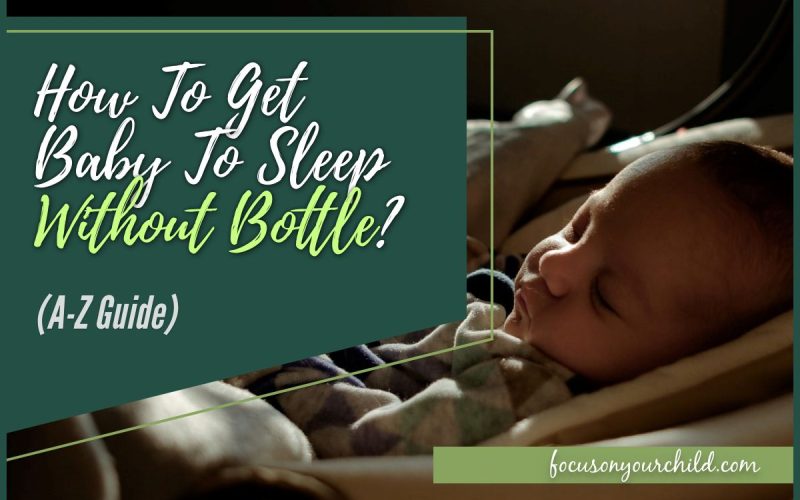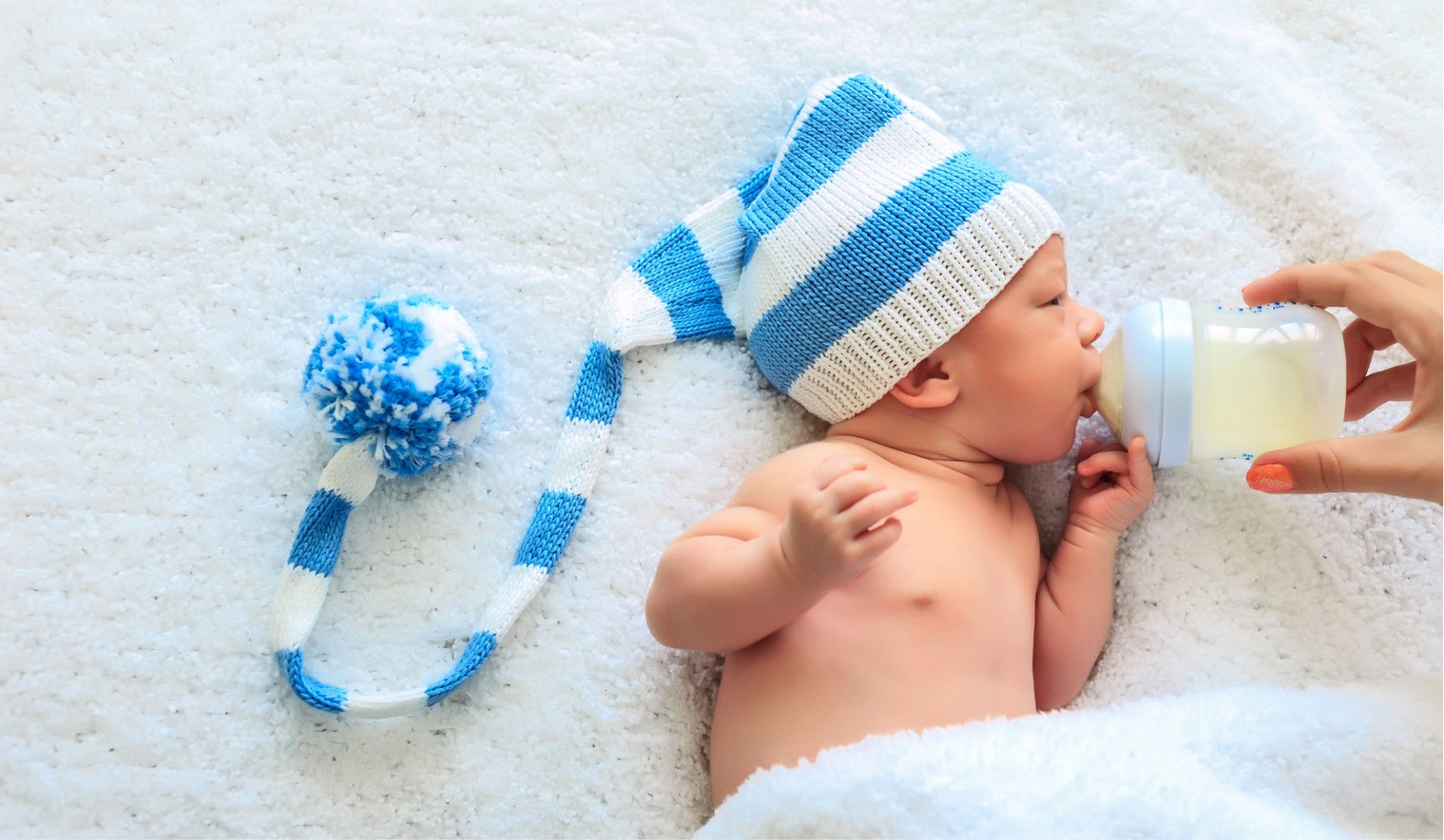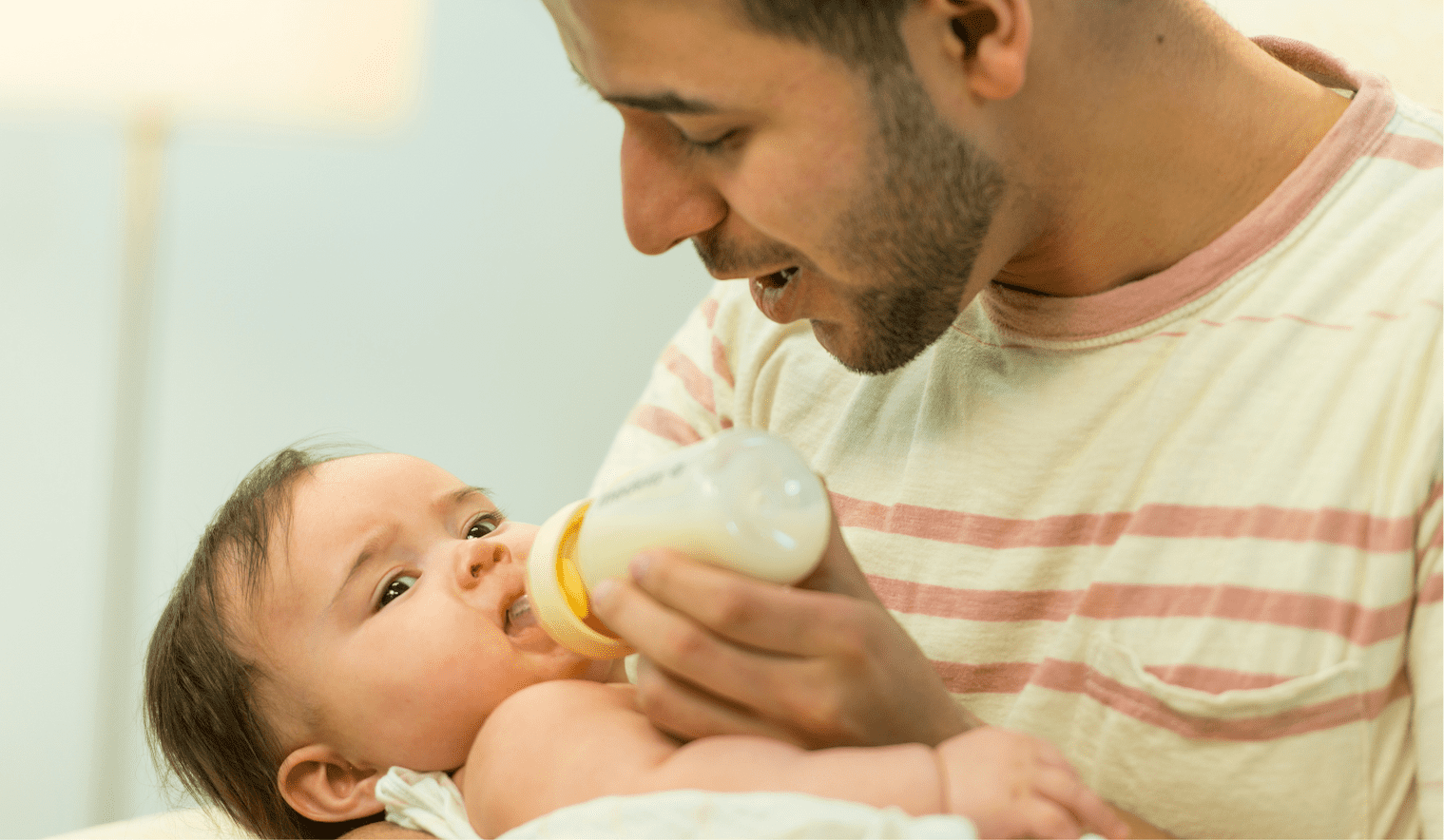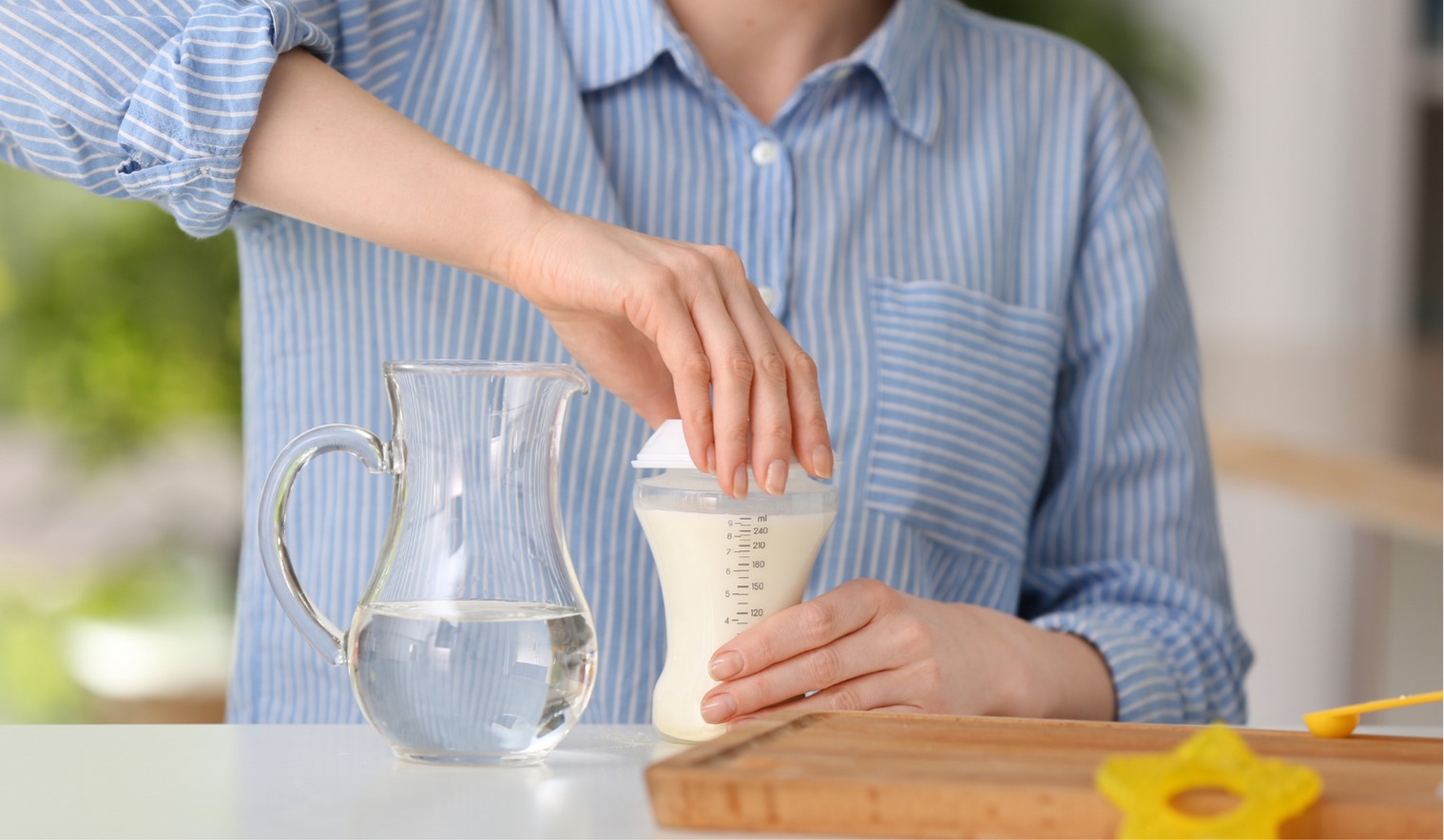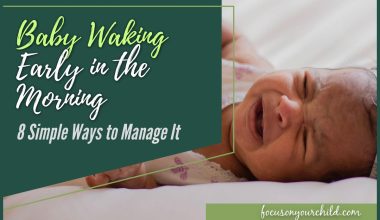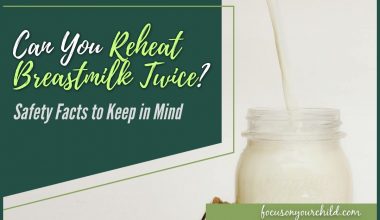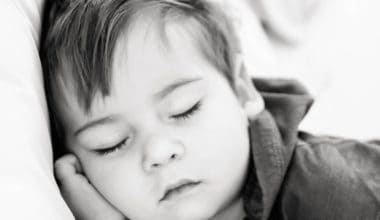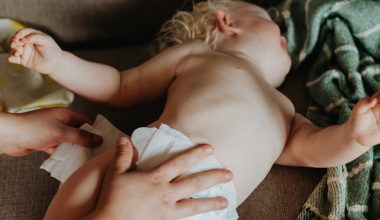Sometimes, babies come to rely on certain things as “sleep props” or “sleep associations” to help them fall asleep. For some babies, sleep props may be bedtime activities such as being rocked and bounced by a parent, or an object, such as a swaddle, pacifier, or bottle.
When a baby becomes dependent on sleep props, problems such as trouble sleeping and sleep regression can set in. When a baby’s last memory before falling asleep is of the bottle, they begin to associate the 2 things with each other, turning the bottle into a sleep prop and making falling asleep without it difficult.
Luckily, it is most definitely possible for you to get your baby to sleep without their bottle, even when they have come to use it as a sleep prop. The goal is simply to remove your baby’s association of their nighttime bottle feed with sleeping and falling asleep.
Breaking any habit is difficult, especially with a young child who may not fully understand why they need to. It is important that you help your baby ease into their transition to sleeping without a bottle. They may fuss and cry over the loss of the bottle for a few nights, and it may take a few tries to successfully wean them from it. You might also need a combination of techniques to get to a point where your baby is sleeping well without the bottle.
Risks of Bottle Feeding in Bed
The American Academy of Pediatrics recommends weaning babies off bottles beginning 12 months of age, and to completely phase out bottle feeding by 24 months.
Bottle feeding your baby to sleep may seem like a nice and convenient way for you to get your baby to fall asleep; and it may actually work for a while. The problem is however, once you start offering your baby a bottle in their crib, they can quickly become dependent on the bottle to fall asleep.
There are also several health risks involved with bottle feeding in bed, such as milk pooling in the baby’s mouth, causing tooth decay. They may aspirate milk into their lungs, causing them to choke. Bottle feeding while lying flat on a mattress also increases the chance of milk entering your baby’s ear through their eustachian tube and middle ear, putting them at risk of otitis media or middle ear infections.
How To Get Baby to Sleep Without Bottle?
Schedule the Feeding Earlier In the Bedtime Routine
Babies who are up to less than 9 months old still need that last nighttime feeding to tide them through the night. Instead of having the final nighttime feed as the last activity before falling asleep, try moving it earlier along in the night, such as before their bath, or before their bedtime story.
Offer an Alternative to the Bottle
This is a great way to put your baby to sleep without a bottle. One of the reasons your baby isn’t able to fall asleep without the bottle is because they have come to rely on it as a comfort object. In this situation, offering an alternative comfort object could help.
Many babies find white noise and soft music comforting. Night lights may help your baby feel safer at night, and you can even pick ones which project patterns or images on the ceiling. Blankets, stuffed animals, or loveys can also make great comfort objects for babies who are 18 months or older.
Dilution Technique
Another method to weaning your baby off of their bedtime bottle is to use water to dilute the amount of milk in the bottle. Over the course of a week or so, replace the milk in their bottle with water in 20% increments, until the bottle is just plain water.
Give your baby their bottle with diluted milk at bedtime as normal. Once the bottle has become plain water, they will likely lose interest and be able to fall asleep without it.
Alternatively, you can also reduce the amount of milk in the bottle by an ounce each night. Once the milk is down to just an ounce, you can try taking the bottle away for good.
Go Cold Turkey (Sleep Without Bottle)
A few days in advance, tell your baby that you will be taking their nighttime bottle away to give to another baby who needs it more. Continue to remind your child a few times a day over the next few days, but not so much as to overwhelm them and cause panic.
Offer your child another comfort object in place of the bottle. Blankets and stuffed animals are popular choices. For younger babies who cannot have anything with them in their crib, this could be a nightlight or a white noise machine. You may even make it more enticing for your child by taking them out to the shops to pick something of their own.
On the night you stop giving them the bottle, make sure that there are no other bottles or anything that could remind them of it in the room. Expect there to be some fussing and protesting from your child with this method, but keep in mind that it will gradually get better over a few days.
